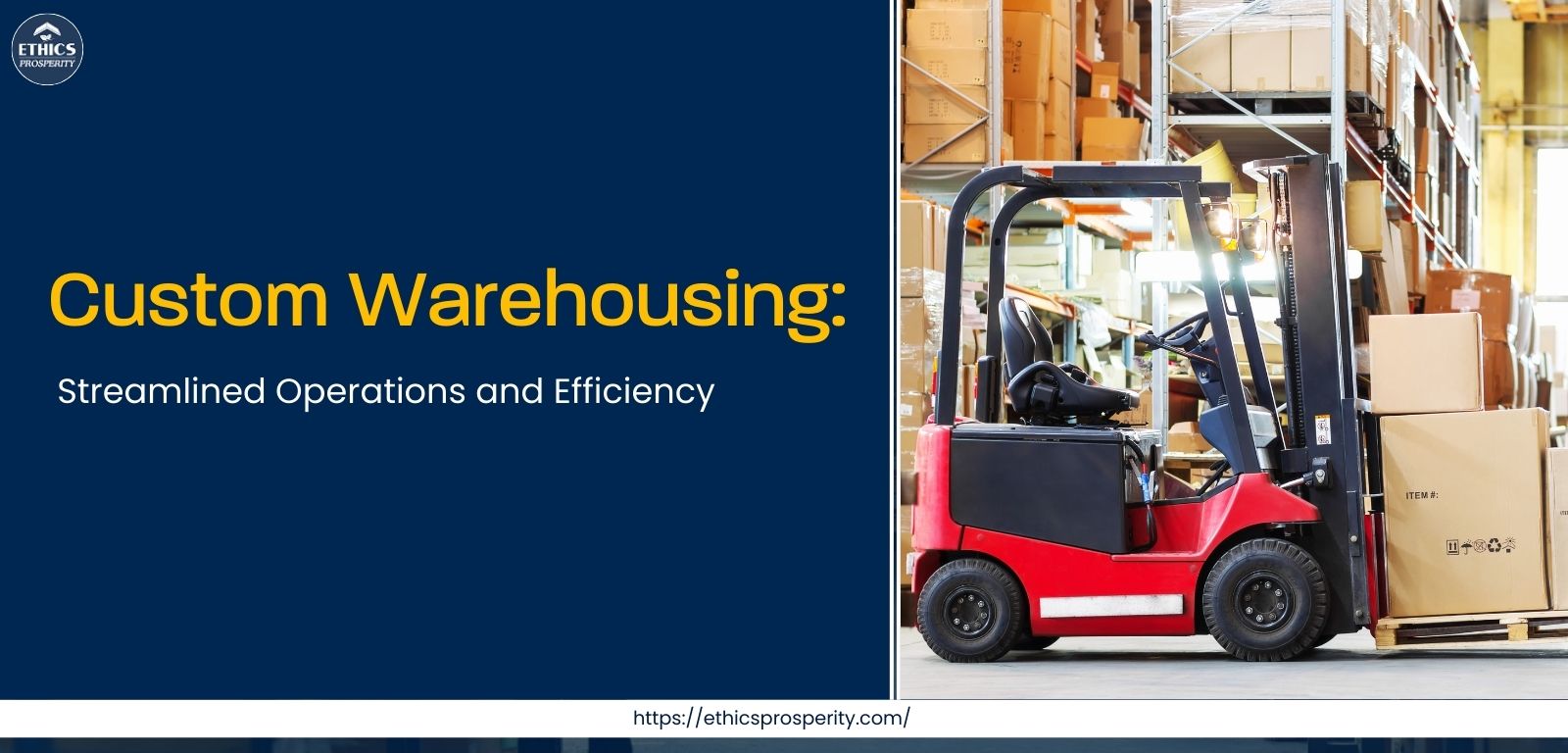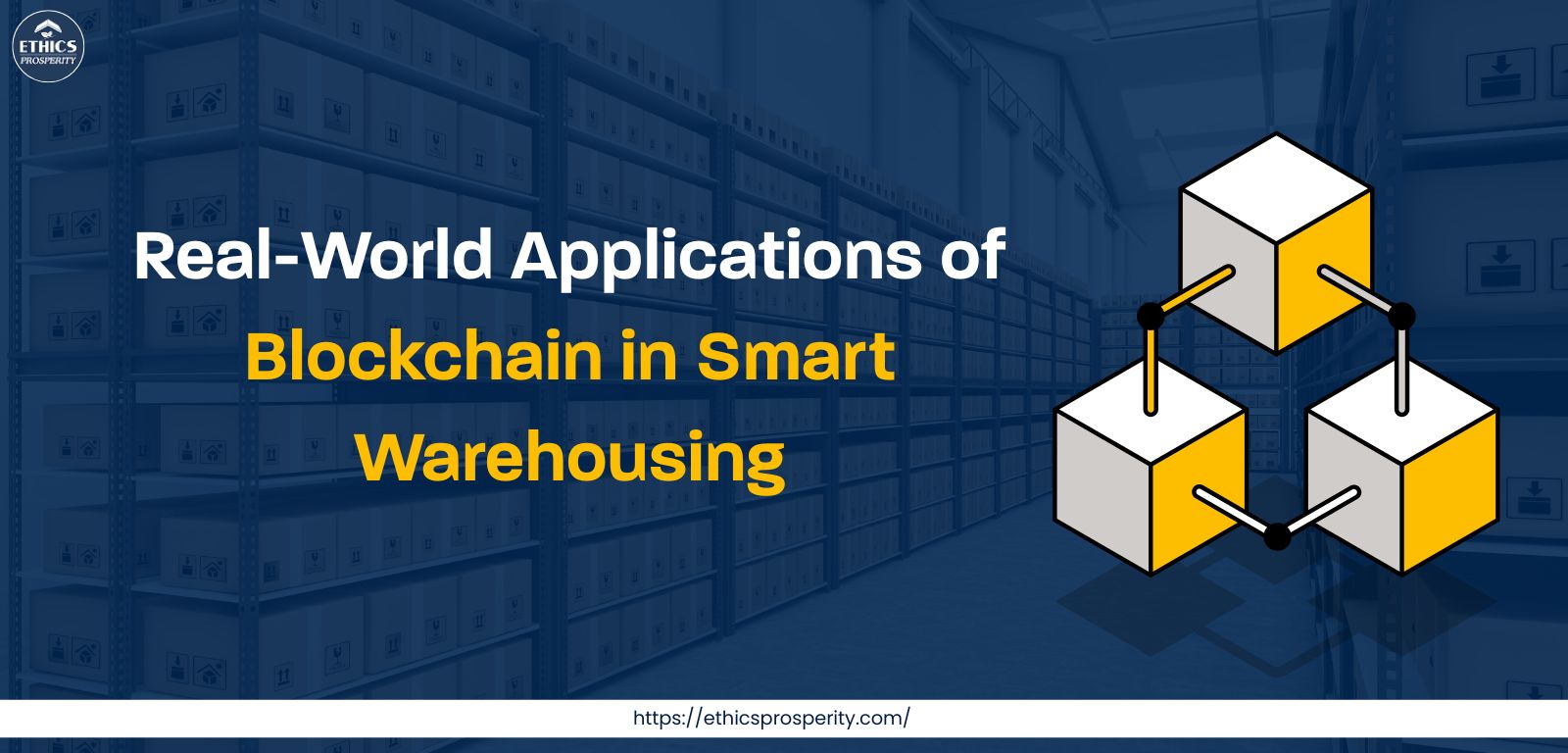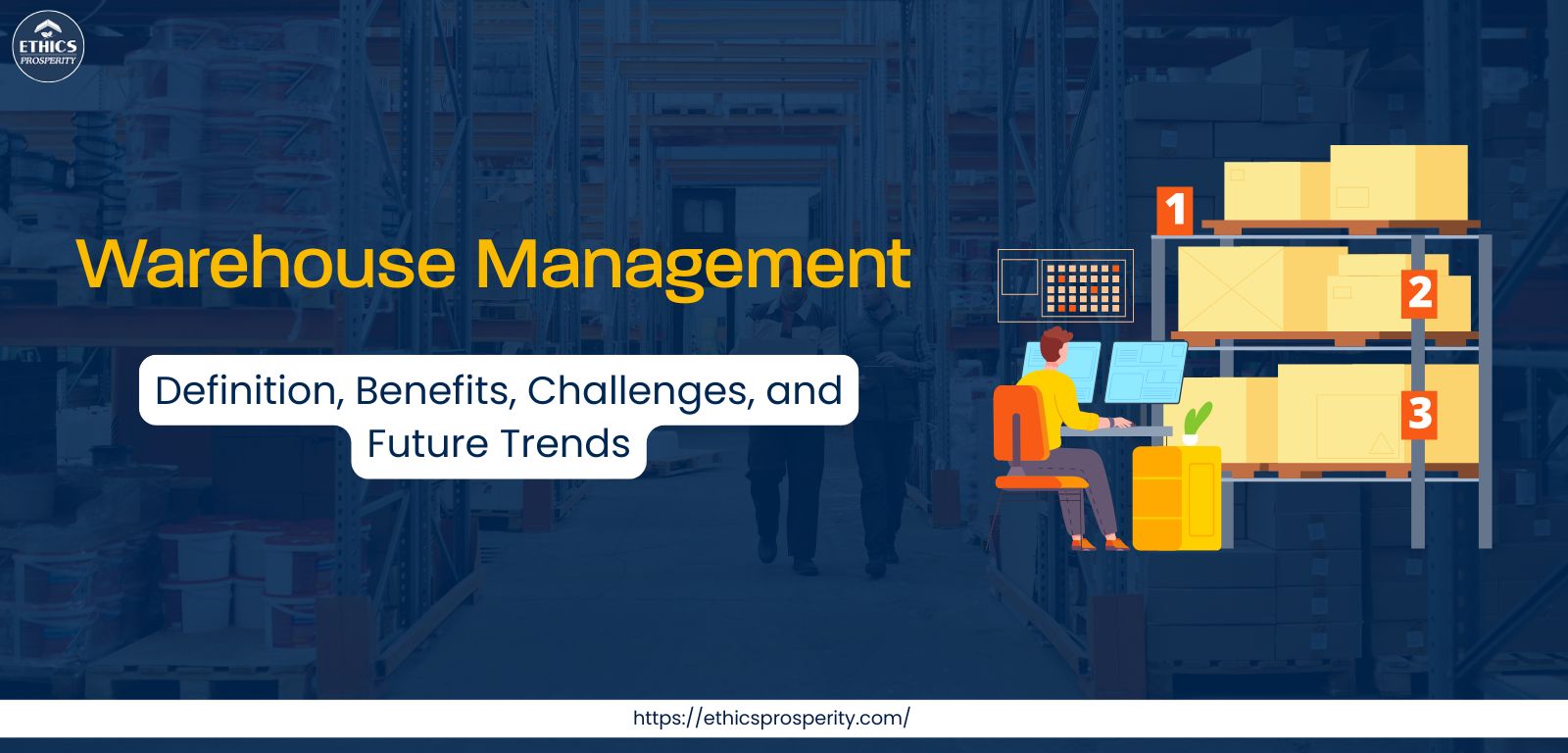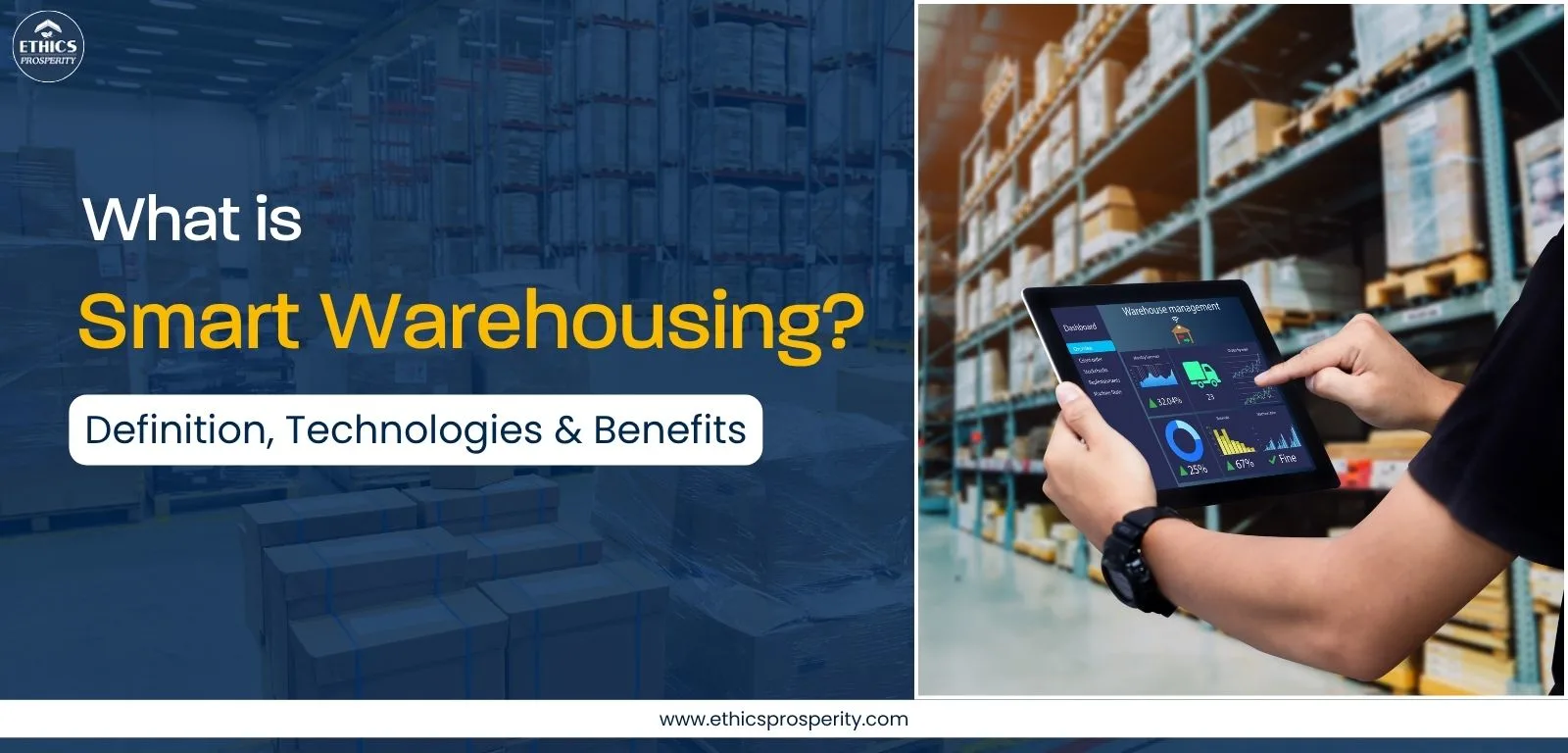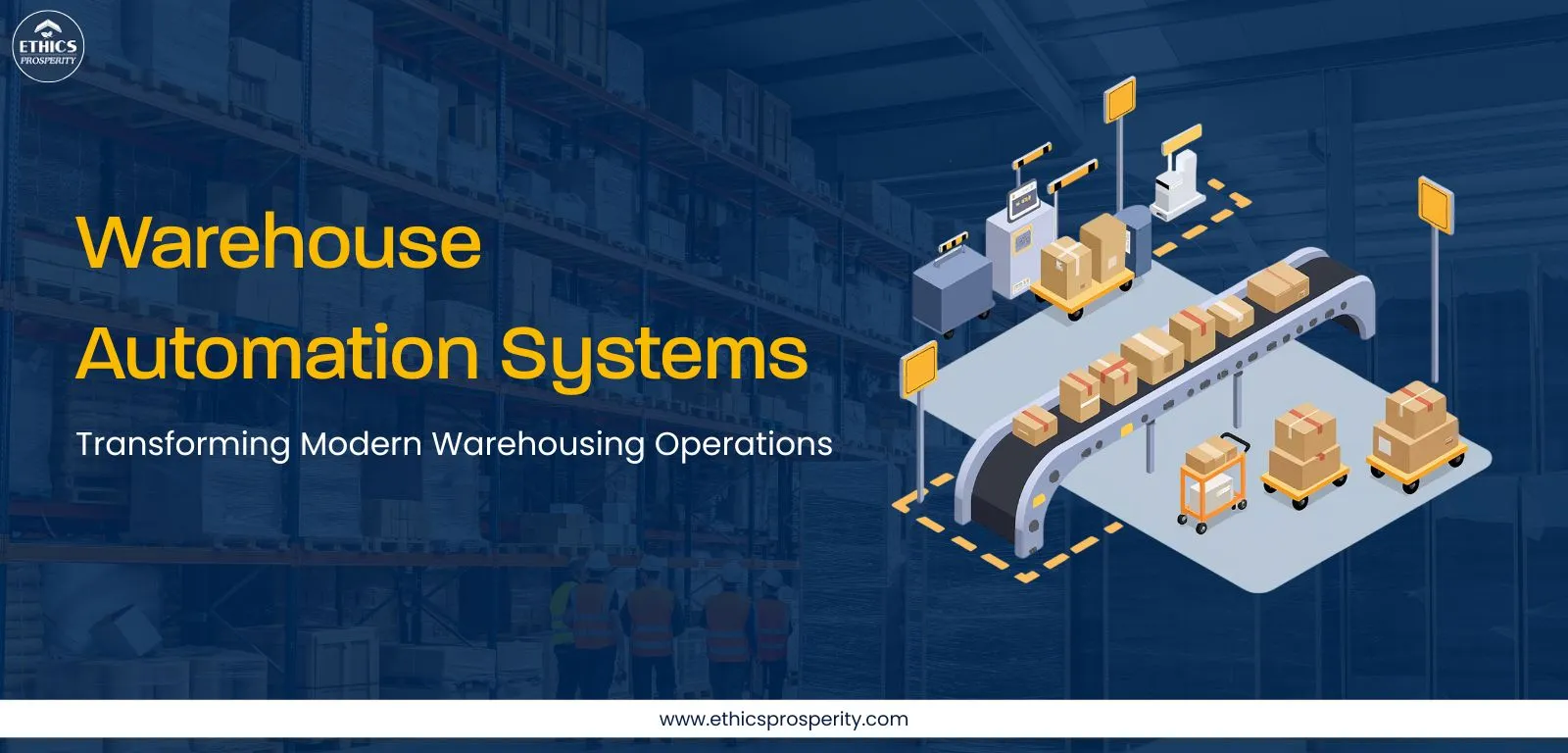Importance of Warehousing in Modern Business
Warehousing is crucial for modern businesses, acting as a central hub for inventory management and streamlining the supply chain. It ensures product availability, facilitates faster order fulfillment, and ultimately enhances customer satisfaction. Our warehousing and fulfillment services are designed to streamline your supply chain from secure storage to last-mile delivery, ensuring speed, accuracy, and scalability.
Effective warehousing practices minimize costs, optimize resource utilization, and enable businesses to scale operations efficiently.
Here's a more detailed look at the importance of warehousing:
1. Inventory Management and Control:
Warehouses provide a centralized location for storing goods, making it easier to track inventory levels and manage stock.
This visibility helps businesses optimize supply chain planning, predict demand, and prevent stockouts or overstock situations.
Efficient inventory management minimizes waste, reduces carrying costs, and improves overall operational efficiency.
2. Streamlined Logistics and Order Fulfillment:
Warehouses play a vital role in the logistics process by facilitating efficient order picking, packing, and shipping.
By strategically locating warehouses, businesses can reduce transit times and ensure faster delivery to customers.
Optimized warehouse operations lead to faster order processing, improved order accuracy, and reduced fulfillment costs.
3. Cost Reduction and Efficiency:
Warehousing enables businesses to consolidate inventory, optimize storage space, and reduce transportation costs through bulk purchasing and efficient routing.
By streamlining processes and minimizing handling time, warehousing contributes to overall cost savings and improved resource utilization.
Efficient warehousing practices can also reduce the risk of product damage or loss, further minimizing costs.
4. Enhanced Customer Satisfaction:
Timely delivery and product availability are crucial for customer satisfaction, and warehousing plays a key role in meeting these expectations.
By ensuring a smooth and reliable supply chain, warehousing helps businesses build customer loyalty and brand reputation.
Fast and efficient order fulfillment, enabled by effective warehousing, directly contributes to a positive customer experience.
5. Business Growth and Scalability:
Warehousing provides the necessary infrastructure and capacity for businesses to scale their operations and meet growing demand.
By strategically locating warehouses in different regions, businesses can expand their market reach and reduce shipping times.
Warehousing also allows businesses to adapt to seasonal fluctuations in demand and handle increased sales volume effectively.
6. Risk Mitigation:
Warehouses act as buffers between supply and demand, protecting businesses from disruptions caused by unforeseen events.
They also help mitigate risks associated with product damage, theft, or spoilage.
By ensuring product availability and efficient logistics, warehousing enables businesses to maintain operational continuity even during challenging times.
Challenges Faced by Businesses Without Reliable Warehousing
Businesses lacking reliable warehousing face significant hurdles, including inventory management issues, inefficient space utilization, supply chain disruptions, and difficulties in meeting customer demand. These challenges can lead to increased costs, reduced customer satisfaction, and ultimately hinder business growth.
Specific Challenges:
- Inventory Management Problems:Inaccurate inventory data, stockouts, and overstocking can result from inadequate warehousing, causing lost sales, increased storage costs, and potential waste.
- Inefficient Space Utilization:Poorly organized warehouses lead to wasted space, difficulty in locating items, and increased labor costs for order fulfillment.
- Supply Chain Disruptions:Reliance on unreliable warehousing can exacerbate supply chain delays, leading to longer lead times and potential delivery failures.
- Order Fulfillment Issues:Inefficient picking and packing processes, combined with inaccurate inventory, can result in delayed or inaccurate order fulfillment, impacting customer satisfaction and potentially leading to lost business.
- Difficulty Meeting Demand:Inability to scale warehousing operations to meet fluctuating demand, especially during peak seasons, can result in missed opportunities and frustrated customers.
- Increased Costs:Inadequate warehousing leads to higher operational costs due to inefficiencies, labor inefficiencies, and increased inventory carrying costs.
- Decreased Customer Satisfaction:Delays in order fulfillment, inaccurate inventory, and product unavailability due to poor warehousing practices can significantly impact customer satisfaction and lead to negative reviews and lost business.
- Growth Limitations:A lack of reliable warehousing can restrict a business's ability to scale operations and expand into new markets, hindering overall growth potential.
- Compliance and Safety Issues:Poorly managed warehouses can also lead to safety hazards and non-compliance with regulations, resulting in fines and potential legal issues.
Key Qualities of a Trusted Warehousing Partner
A trusted warehousing partner prioritizes strong communication, offers robust security measures, and demonstrates flexibility to adapt to changing business needs. They also excel in inventory management, maintain high standards of quality control, and possess the ability to scale operations as required. Additionally, they should have a strong reputation and a proven track record of excellent customer service.
Here's a more detailed look at the key qualities:
1. Communication and Responsiveness:
Open and consistent communication is crucial for resolving issues quickly and efficiently.
A good partner prioritizes clear and timely communication, providing updates and addressing concerns promptly.
This includes both proactive communication (alerting you to potential issues) and responsive communication (answering your questions and addressing your concerns).
2. Security and Compliance:
Robust security measures, including surveillance, access controls, and cybersecurity measures, are essential to protect your goods and build trust with customers.
Compliance with relevant industry regulations is also crucial.
Security should extend to both physical security and the security of their IT systems.
3. Scalability and Flexibility:
The ability to scale operations up or down as needed is vital for handling fluctuations in demand.
Flexibility to adapt to changing business needs, including handling diverse inventory types and special requirements, is also important.
This includes things like modular solutions, adjustable storage space, and adaptable processes, according to valleylogistics.ca.
4. Inventory Management:
Accurate inventory management is critical for ensuring products are stored correctly and efficiently.
This includes tracking stock levels, managing incoming and outgoing products, and utilizing modern inventory management software.
A good partner will have expertise in inventory management to minimize damage and spoilage.
5. Quality Control:
Implementing quality control measures, such as inspecting incoming products, verifying their accuracy, and checking for defects, is essential.
This helps to prevent errors and ensure that your products are in good condition.
6. Technology and Automation:
Advanced technology systems can streamline operations, improve efficiency, and speed up order fulfillment.
This could include systems for receiving, sorting, and dispatching orders, as well as tools for inventory management and order tracking.
7. Reputation and Customer Service:
A good reputation indicates a proven track record of excellent customer service.
It's important to research the partner's reputation, review their certifications, and speak with their existing clients to get a sense of their service quality.
Meeting with the potential partner and touring their facility can provide valuable insights into their operations and customer service.
8. Location:
A strategically located facility can improve last-mile delivery efficiency and reduce turnaround times.
Consider the location's proximity to your customers and suppliers, as well as its access to transportation networks.
The availability of a skilled workforce in the area is also a key factor to consider.
9. Value-Added Services:
Beyond storage, value-added services like kitting, labeling, and order fulfillment can streamline your operations and provide a competitive edge.
Consider what additional services the partner offers and how they can support your specific business needs.
By carefully evaluating these key qualities, you can select a warehousing partner that aligns with your business goals and contributes to your overall success.
Types of Warehousing Services You Should Consider
Choosing the right warehousing service is critical to optimizing your supply chain. Here are the key types of warehousing solutions businesses should evaluate based on their storage, distribution, and operational needs:
- Public WarehousingIdeal for short-term storage, public warehouses are shared facilities that offer flexible space and cost-effective services without long-term commitments.
- Private WarehousingOwned and operated by a single company, private warehouses offer complete control over operations, making them suitable for large-scale businesses with predictable inventory needs.
- Bonded WarehousingUsed primarily for imported goods, bonded warehouses allow companies to store items without paying duties until they’re released—ideal for cross-border logistics.
- Smart WarehousingPowered by automation, AI, and IoT, smart warehouses offer real-time inventory visibility, faster order processing, and greater accuracy.
- Distribution CentersThese high-velocity hubs focus on rapid movement of goods rather than long-term storage, supporting efficient last-mile delivery.
- Cold Storage WarehousingEssential for pharmaceuticals, food, and perishable goods, cold storage facilities maintain controlled temperatures to preserve product integrity.
- Consolidated WarehousingPerfect for businesses looking to combine smaller shipments from multiple suppliers into one larger shipment—reducing transportation costs and improving efficiency.
Benefits of Partnering with Ethics Prosperity Warehousing Provider (H2)
Partnering with a provider like Ethics Prosperity, which emphasizes ethical and transparent practices, offers significant benefits including enhanced supply chain visibility, improved operational efficiency, and stronger customer relationships. These benefits stem from their commitment to sustainable practices, advanced technology integration, and a customer-centric approach.
Here's a more detailed look at the advantages:
- Improved Supply Chain Visibility:Ethics Prosperity's focus on transparency and technology allows for real-time tracking of inventory and shipments, leading to better decision-making and reduced risk of errors.
- Enhanced Operational Efficiency:Their use of AI, IoT, and data intelligence streamlines warehouse operations, optimizing space utilization, improving order accuracy, and speeding up order processing, especially in B2B, D2C, and e-commerce.
- Cost Reduction:By optimizing inventory management, improving order fulfillment, and minimizing errors, Ethics Prosperity's services can significantly reduce overall supply chain costs.
- Customer Satisfaction:Faster deliveries, streamlined returns, and increased transparency contribute to a better customer experience and stronger brand loyalty.
- Scalability and Flexibility:Ethics Prosperity's infrastructure and expertise allow for scalable warehousing solutions, adapting to changing business needs and growth.
- Sustainable Practices:Ethics Prosperity's commitment to sustainable operations reduces environmental impact and aligns with the growing demand for eco-friendly business practices.
- Ethical Sourcing and Compliance:Partnering with Ethics Prosperity, known for its ethical standards, can help businesses avoid potential risks associated with unethical or unsustainable sourcing practices.
- Customized Solutions:Ethics Prosperity's ability to offer customized solutions, including layout design and automation, caters to specific business requirements and challenges.
Conclusion
In today’s fast-paced supply chain landscape, choosing the right warehousing solution can be the difference between operational efficiency and costly delays. Whether you need flexible short-term storage, technology-driven smart warehousing, or specialized facilities like cold storage, aligning your warehousing strategy with your business goals is essential.

